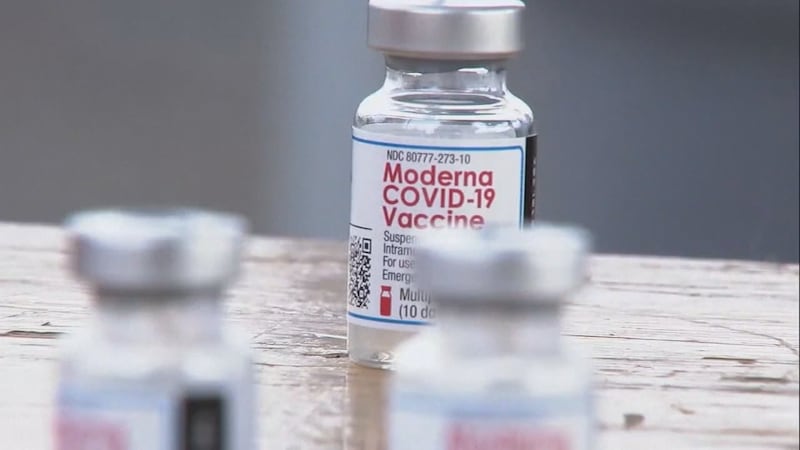Syphilis rates drop in Navajo Nation amid US surge thanks to mobile healthcare
NAVAJO NATION (AZFamily) — Syphilis cases have been on the rise in the U.S. for years, but the Navajo Nation is making strides in reducing the number of cases they see.
According to the CDC, syphilis cases rose 80% from 2018 to 2022. However, in parts of the Navajo Nation, syphilis cases have actually dropped.
People living in the Navajo Nation often face healthcare barriers like long drive times or lack of local healthcare facilities. So when syphilis cases started to rise, Dr. Jonathan Iralu with Indian Health Services said they brought their doctors into the community.
“Bring the penicillin to the patient, not the patient to the penicillin,” Iralu said.
Dr. Iralu is the chief clinical consultant for infectious diseases. He said, like the U.S., doctors in the Navajo Nation noticed an uptick in syphilis cases before and after the pandemic.
“During that pandemic, especially the first two years, patients were very reluctant to come into facilities for things like STI testing,” he said.
Dr. Iralu said there’s been an almost 20% decline in the rate of early syphilis, attributing that partially to bringing healthcare to the people who live in the community.
“It is indeed challenging for people to drive long distances and for testing or to seek care,” Iralu said. “We have wonderful teams of public health nurses that will go out far away to remote sites to offer testing and treatment.”
Testing sites can range from food pantries to community centers and even patients’ homes. After two drops of blood and a 15-minute wait, patients will receive results and treatment if needed.
“We offer penicillin treatment right there at the testing site,” Iralu said.
They also offer STD testing bundles at standard doctor’s appointments and express testing to fight the stigma of STDs.
“Express testing means you can go into a facility and get a test without seeing a provider, and this takes away a lot of the stigma,” Iralu said.
He said it’s been a lot of hard work, but he hopes they can be a model for the rest of the country.
“We as a team are ecstatic,” Iralu said. “We’re really happy we’re hopeful that things will dramatically improve over the next couple of years.”
For more information about testing, treatment and prevention, click/tap here.
See a spelling or grammatical error in our story? Please click here to report it.
Do you have a photo or video of a breaking news story? Send it to us here with a brief description.
Copyright 2025 KTVK/KPHO. All rights reserved.







